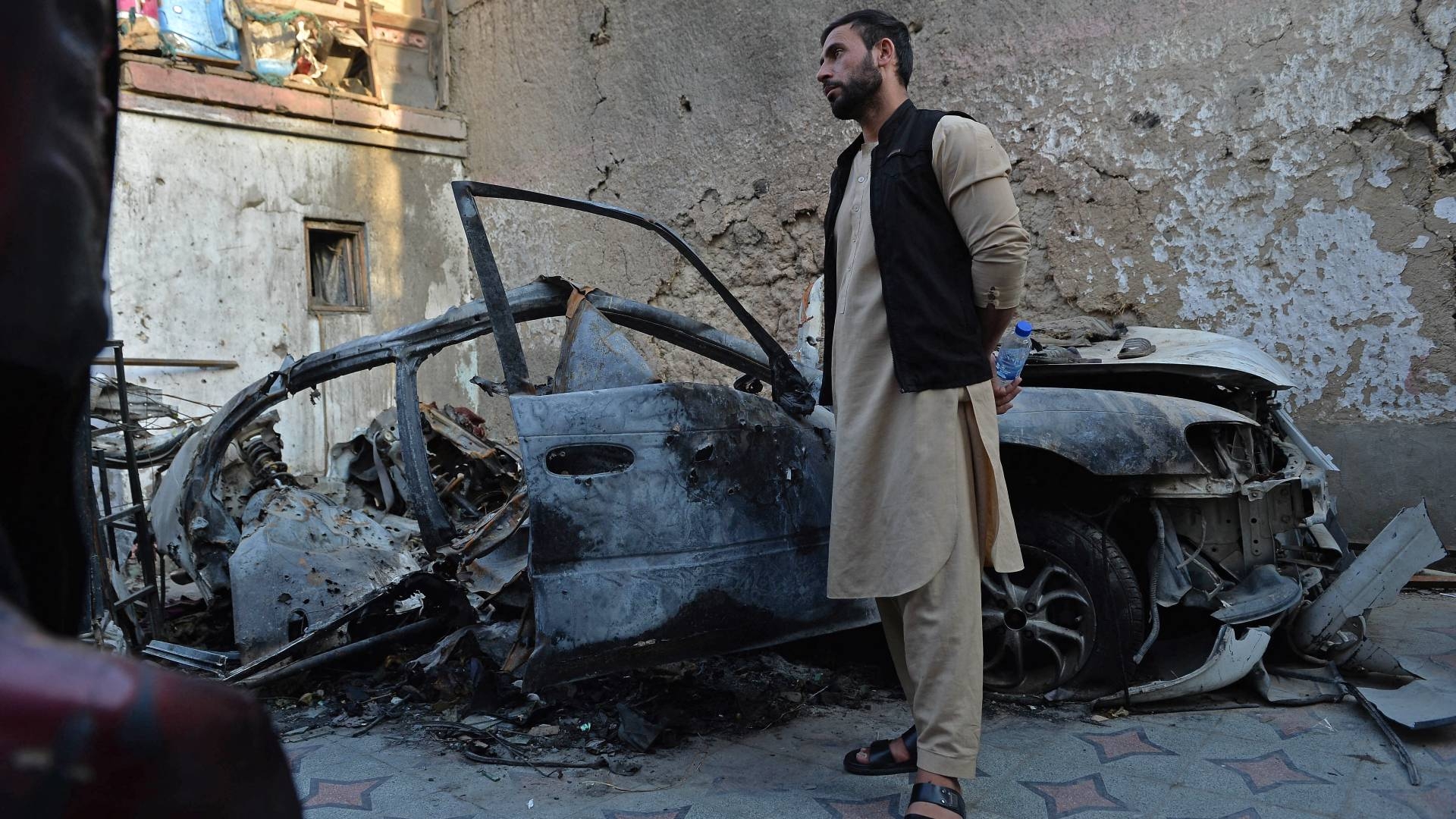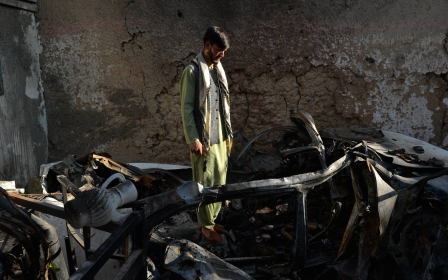US military unable to adequately address civilian casualties, report finds

The United States military is not properly equipped to investigate civilian casualties and take steps to prevent future deaths, according to an independent study of the Pentagon.
The Rand Corporation said in a congressionally-mandated study on Thursday that the Defence Department "is not adequately organized, trained or equipped to fulfill its current responsibilities for addressing civilian harm".
"Lessons learned from strikes that caused civilian casualties are still not shared across all of the relevant [Department of Defence] organizations in a way that is meaningfully mitigating future civilian casualties."
The 110-page report, a requirement of the 2020 National Defense Authorization Act, was submitted to the Pentagon in February 2021.
"The lack of a clear baseline of standardized DoD guidance and requirements creates challenges and confusion," the report said.
The US military has struggled to contain civilian casualties in its engagement in countries across the Middle East and Asia, from the 2001 invasion in Afghanistan to the US intervention in Syria in 2014.
According to an analysis from Brown University's Costs of War Project, tens of thousands of civilians were killed directly in the violence of the US post-9/11 wars.
In August, a US drone strike in Afghanistan mistakenly killed aid worker Zemari Ahmadi and nine members of his extended family, including seven children.
A recent investigation by The New York Times, based on confidential military assessments of more than 1,300 reports of civilian casualties, showed that the US air campaign against the Islamic State (IS) group was marked by flawed intelligence, confirmation bias and little accountability.
Another report by the newspaper also presented allegations that the US military had sought to conceal casualties from an air strike in Syria in 2019 that killed dozens of women and children.
'End unaccountable lethal strikes'
In many cases, the Rand report found that across US military commands there were deficiencies in the resources and personnel dedicated to reporting civilian casualties.
For example, the task force that combatted the IS group had three people assigned to investigate civilian casualties.
When the US suspected Iraqi forces had killed civilians in the campaign against IS, the Pentagon did not follow up with its own investigation. The report described it as an "accountability gap".
"Civilian casualty issues are important for everybody, but they are not the top priority for anybody," said Michael McNerney, a senior Rand researcher and one of the authors of the report.
'Actions will speak louder than words, and we need urgent action to end 20 years of war-based approaches'
- Hina Shamsi, American Civil Liberties Union
"Everything feels serious about it in theory but it is nobody’s full-time job," he said, as reported by The Wall Street Journal.
On Thursday, Secretary of Defence Lloyd Austin announced that the Pentagon would implement a series of measures that would change the culture of the military in order to prioritise the prevention of civilian harm as a core part of their missions.
The measures include creating a civilian protection centre, developing "more standardised" civilian harm reporting and data management processes, and reviewing guidance on the public reporting of civilian harm.
Hina Shamsi, director of the American Civil Liberties Union's (ACLU) National Security Project, said that Austin's announcement was a positive step but it was unclear whether it would be enough to address the rights groups concerns over preventing civilian deaths.
"What's needed is a truly systemic overhaul of our country's civilian harm policies to address the massive structural flaws, likely violations of international law, and probable war crimes that have occurred in the last 20 years," Shamsi said in a statement.
"Any comprehensive review also needs to address and end unlawful and unaccountable lethal strikes even outside of warzones."
"Actions will speak louder than words, and we need urgent action to end 20 years of war-based approaches that have caused devastating harm to Muslim, Brown, and Black civilians around the world."
Middle East Eye delivers independent and unrivalled coverage and analysis of the Middle East, North Africa and beyond. To learn more about republishing this content and the associated fees, please fill out this form. More about MEE can be found here.





